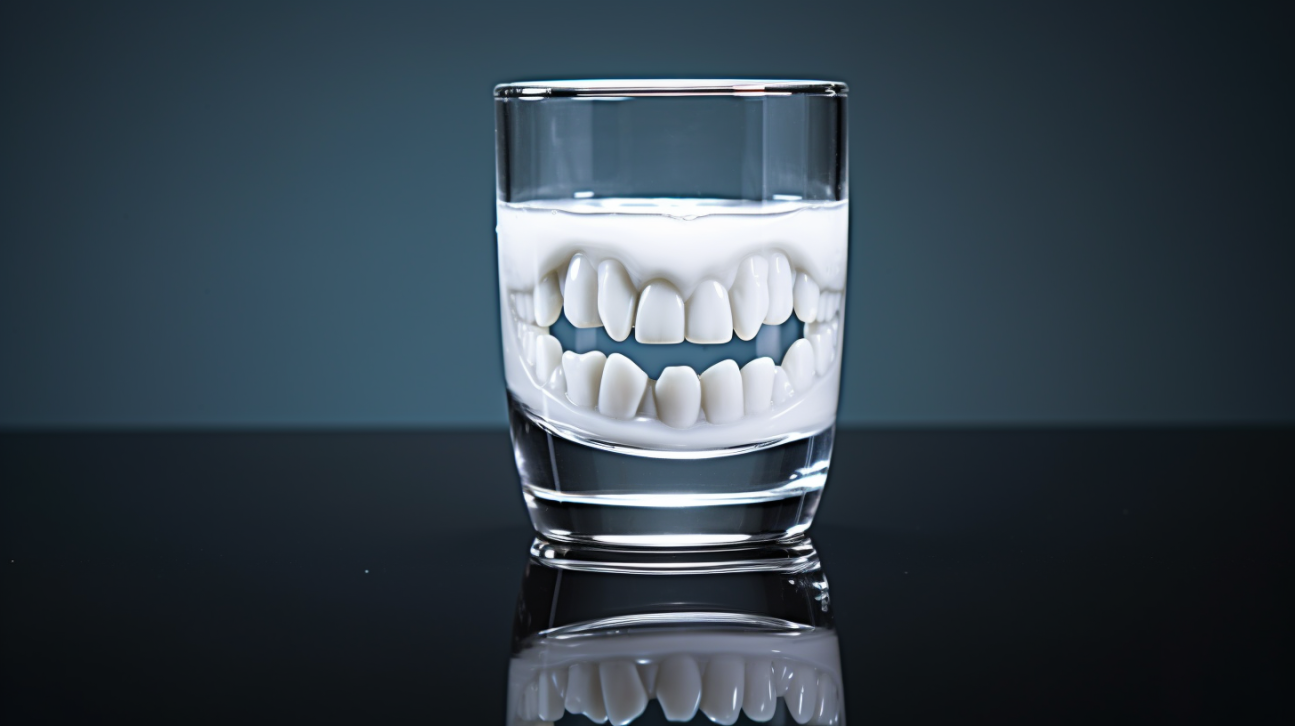Is MSG Safe? A Scientific Analysis of Dietary Effects & Health Concerns
While regulatory agencies consider MSG safe, some studies have questioned its health effects. Key Facts: MSG provides umami taste and enhances palatability as a flavor enhancer Animal studies link high dose MSG to cardiotoxicity, hepatotoxicity, neurotoxicity, endocrine and reproductive effects Human trials show MSG increases palatability, especially of protein-rich foods, and enhances satiety Currently no …










